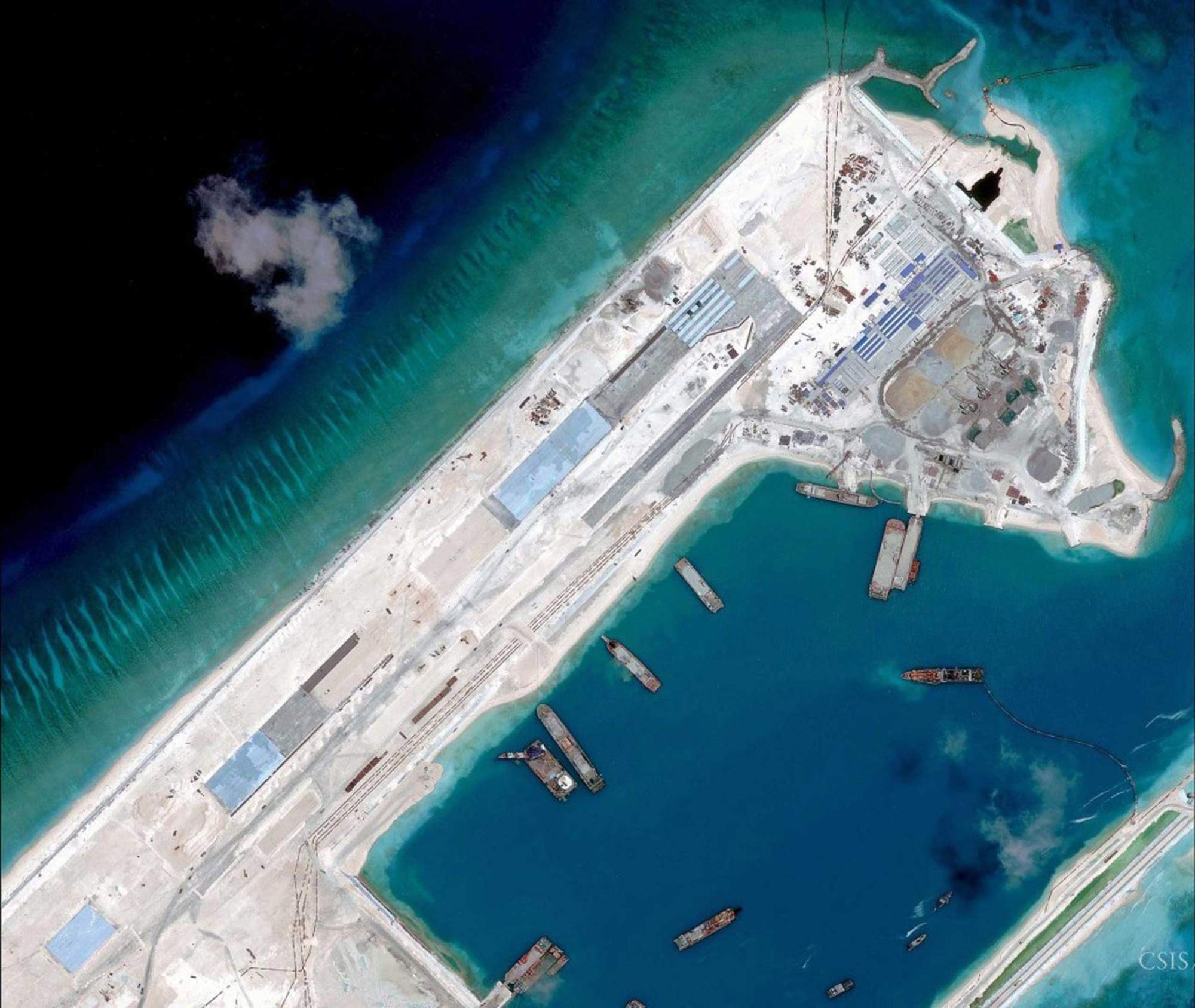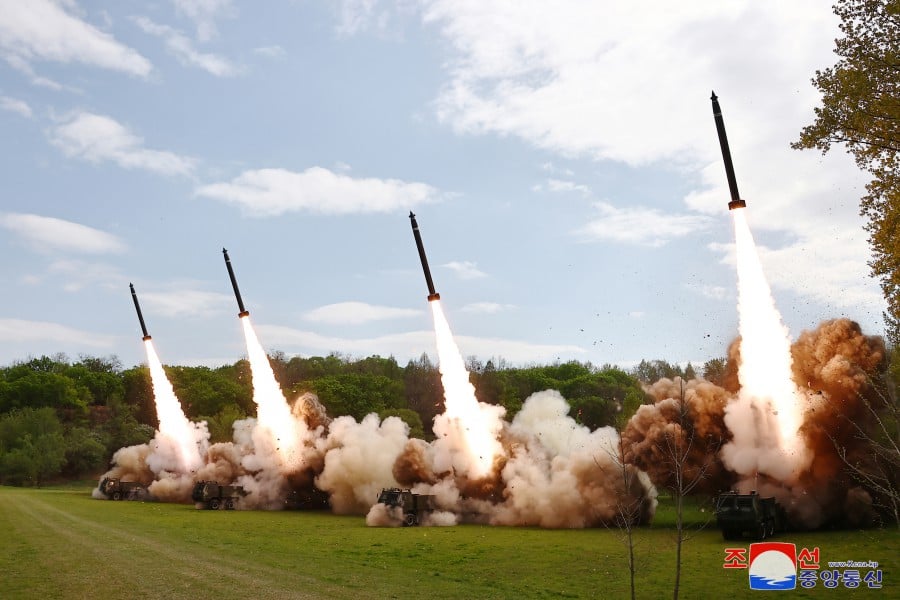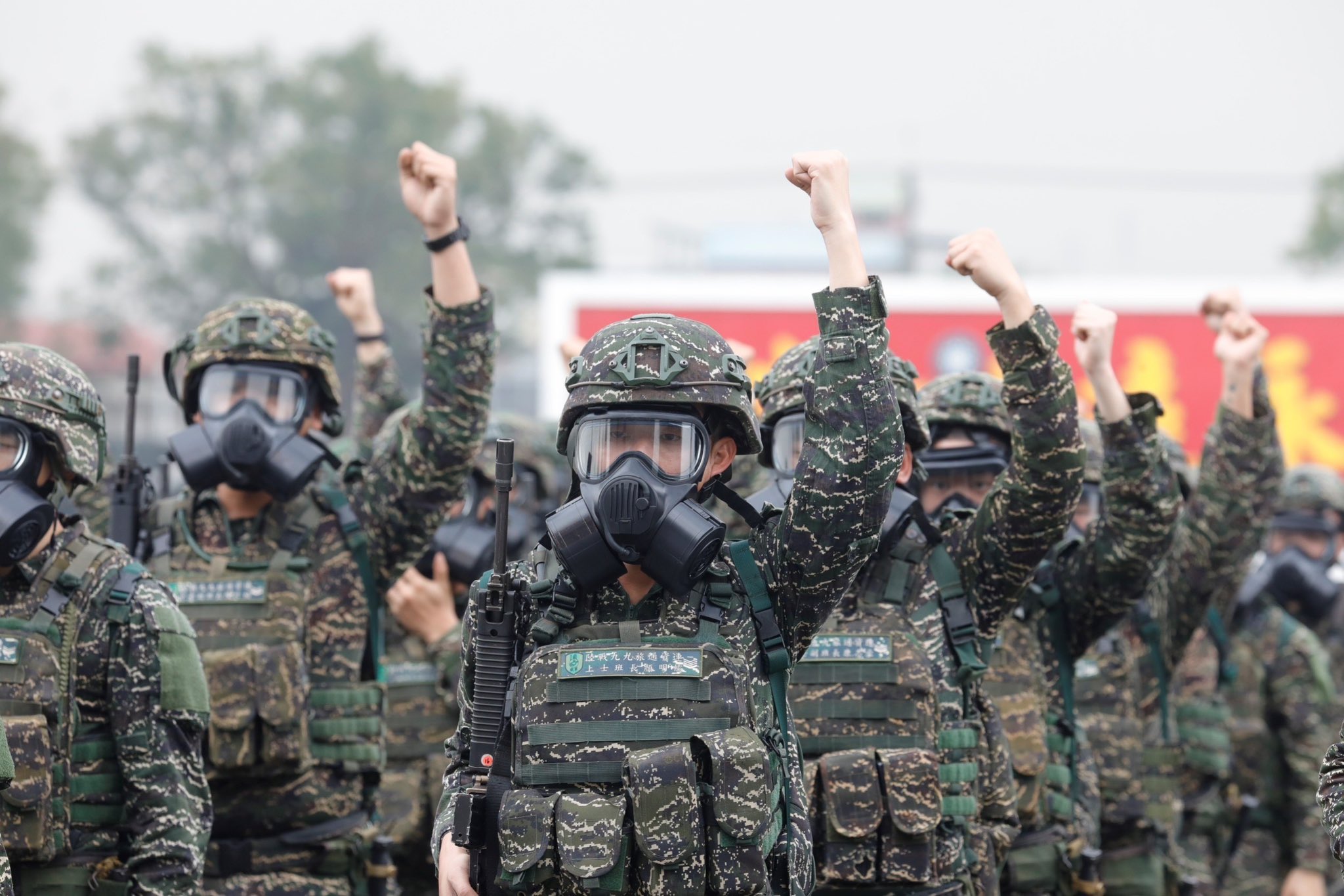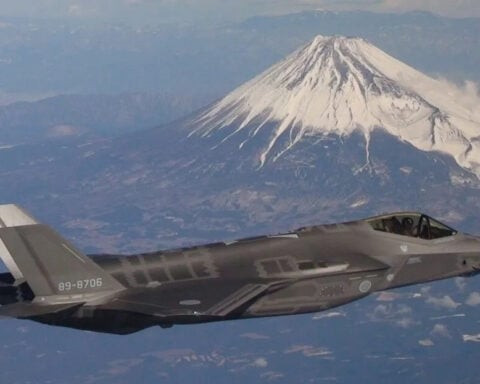
While Southeast Asian nations take comfort from the Trump administration’s stated interest in the region, a Singapore-based international security expert said they still remain wary of the president turning their territorial disputes with China as a bargaining chip to pressure Beijing to rein in North Korea.
Joseph Liow, dean of comparative and international politics at the S. Rajaratnam School of International Studies, said even though Defense Secretary James Mattis and Secretary of State Rex Tillerson in their visits to the region have tried to allay fears these nations see “a lack of clarity” in what the administration intends to do.
The question they raise, he said, is who is in charge of making the evolving strategy: the national security team or the president’s inner circle when it comes to Southeast Asia and overall policy in the Asia-Pacific.
Speaking Tuesday at the Center for Strategic and International Studies, he pointed to “less interaction” between officials below the ministerial level across the region with the United States and warned, “the devil is in the details” in hammering out solutions to problems.
While “Southeast Asia does not have a unified position” on how to approach China, Liow told the audience at the Washington, D.C., think tank many nations there regard “the frequency of FON ops [freedom of navigation operations] as a litmus test” of American commitment but see the administration’s use of them as sporadic.
He added they as a group and especially their leading business figures “are adverse to sending any kind of signal that China might consider provocative” because of the close economic ties these nations have with Beijing. They also point to the Trump administration’s walking away from pursuing the Trans Pacific Partnership trade agreement as another reason to keep Beijing always in mind in their foreign relations.
Dang Cam Tu, deputy director of Vietnam’s Institute for Strategic Studies Academy, said Hanoi was encouraged by the recent joint statement in Washington where the administration pledged to work together with Vietnam to build a “deeper, more substantive and more effective relationship” to counter China’s moves in the South China Sea. That pledge also could serve to counter China’s “charm offensive” economically to exert greater regional influence.
She added some nations view the deal-making promises of President Donald Trump when he was campaigning as meaning “the new administration being more aware of opportunities” beyond the military and security rebalancing of the Obama era.
Like Liow, Tu said Vietnam is concerned whether the Trump team will commit the personnel resources to show its commitment to Southeast Asia beyond Freedom of Navigation operations and voicing support for the rule of international law to settle disputes. Trade and development top these nations’ agendas.
Hanoi and others in the Association of South East Asia Nations also worry that their interests could be shoved aside as China and the United States explore their future relationship and Washington develops its larger strategy for the Asia-Pacific.
Viewing the region from a different perspective, Nong Hong, executive director of the Institute for China-America Studies in Washington, D.C., said Beijing was taken aback by the early July transit of destroyer Stethem by Triton Island. She said what surprised China was it was being asked to lean on North Korea to end its nuclear weapons program and missile testing at the same time as the operation took place.
She said the United States and China will continue to disagree whether the reclaimed coral reefs are being used for purposes other than to exercise military presence and bolster Beijing territorial claims in the South China Sea. She said that is one part of the differences in how China and the United States view each other’s presence and moves in that part of the Asia-Pacific.
In Beijing’s view, Hong said the Chinese leadership believes it “very carefully” explained why it did not have to follow an arbitration panel’s ruling in its dispute with the Philippines, using grounds of historic use that differed from provisions of the Law of the Sea agreement.
“The management of the South China Sea [as an issue] can’t just be military, Colin Willett, former deputy assistant secretary of State, said. The Trump administration has to decide “how are we going to engage [American allies and partners] bilaterally and multilaterally” in the future. She added that included building their capacity.





